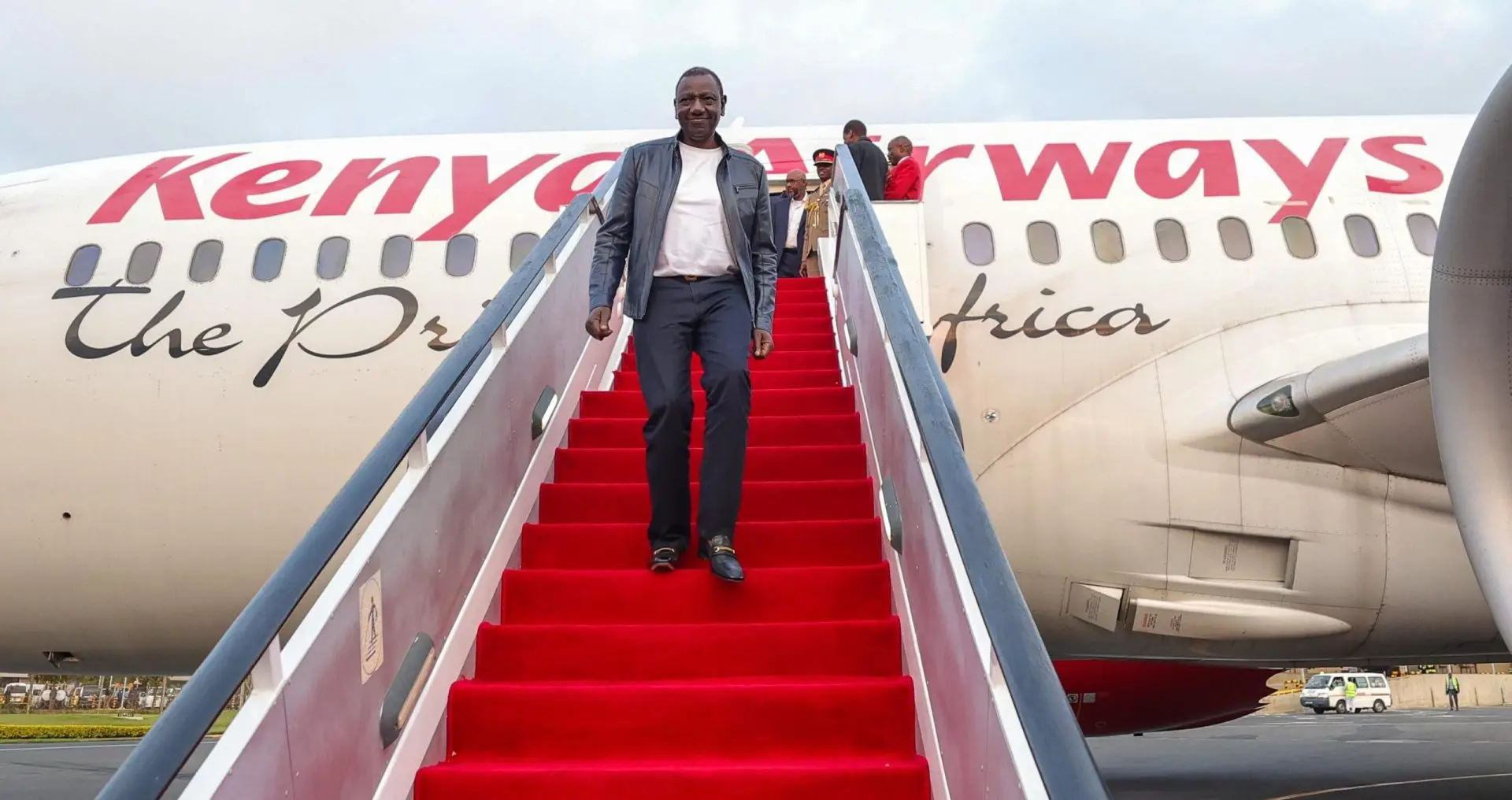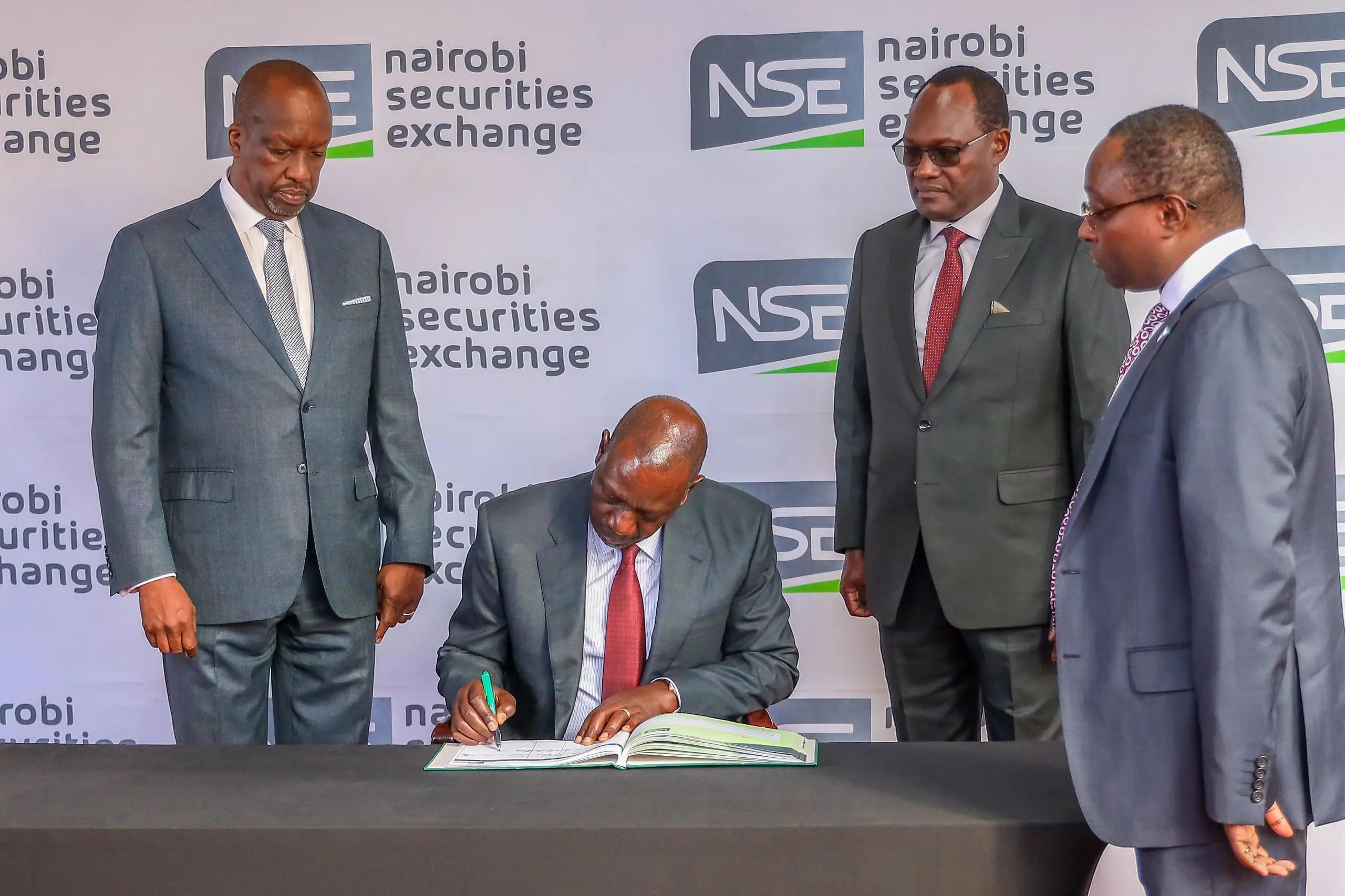
Vodacom Eyes Bigger Stake in Safaricom as Kenya Moves to Sell Part of Its Shareholding
South Africa’s Vodacom Group is positioning itself to get in on the ground floor of a potential big acquisition - namely a larger stake in Safaricom, Kenya’s biggest mobile operator. The plan would eventually give the Johannesburg-based telecoms giant a majority controlling stake in the Kenyan company.
The interest comes at a rather interesting timing - the Kenyan government is preparing to offload a chunk of its Safaricom stake as part of a broader privatisation plan aiming to rake in some serious cash to ease budget pressures & reduce its reliance on debt.
Government Prepares to Unload its Big Safaricom Stake
The State currently owns a whopping 34.9% of Safaricom – valued at roughly Sh418 billion – following a 25% stake sale back in the 2008 IPO. Vodacom already has a significant holding of 39.9% , and to buy more would give it a whole lot of influence over the direction of the telco.
The upcoming sale is set to be one of the biggest deals in the region, with global private equity firms getting increasingly interested in Africa’s telecoms sector because of its steady revenue streams & rock solid cash flow.
Vodacom: "We're Ready to Buy If The Kenyan Government is Ready to Sell"
Vodacom Group CEO Mohamed Josub confirmed the company’s interest during its second quarter earnings call. As expected he said the Kenyan government is expected to come to them when the sale process gets underway.
"We'd certainly look at it if our partners wanted to sell – and anyway, we've been partners for ages, so if they did want to sell, I'm pretty sure they'd talk to us," Josub said
Vodacom’s expanded its Safaricom stake a few years ago via an all-share transaction in 2017 with its parent company, Vodafone Plc.
Potential Buyers and Sale Options
Analysts are expecting a real free-for-all for the government’s Safaricom shares. The sale could go in one of a couple of different directions:
-
A second tier IPO where the public gets to buy shares on the open market, or\
-
A block sale to institutional investors such as other telecoms operators or private equity funds who generally pay a premium for shares.
A 10% sale at the current share price of Sh29.90 could earn the government a cool Sh119.6 billion.
Experts reckon an off-market deal would be the best way for the State to get its hands on as much cash as possible.
Why Safaricom Is Such a Hot Property
Safaricom is basically still East Africa’s best & most profitable company thanks to its smash hits in:
-
M-Pesa
-
Mobile data
-
Fixed internet services
The telco recently posted a pretty impressive 52.1% jump in half-year profit to Sh42.7 billion, thanks to reduced losses in Ethiopia and some super-healthy growth in mobile financial services.
The company’s valuation currently stands at Sh1.196 trillion which – you guessed it – further solidifies its status as Kenya’s corporate crown jewel.
But - Ethiopia Expansion Does Finally Start to Pay Off
Safaricom continues to grow its business in Ethiopia, Africa’s second most populous country. Losses from this operation are down by a whopping 59%, dropping from Sh19.4 billion to Sh15.2 billion – a clear sign that the Ethiopian market will eventually start chipping in positively to Safaricom’s bottom line.
Shifting Revenue Streams - A New Era for Safaricom
For the very first time, mobile data is finally taking the top spot when it comes to revenue - and it isn't even a close call:
-
M-Pesa sees a big jump: 14% up to Sh88.1 billion in revenue\
-
Mobile data is on the up: an 18.2% rise to Sh44.4 billion\
-
But fixed internet is still creeping up too: a 10% increase to Sh9.1 billion\
-
On the other hand - voice revenue takes a small hit: down 0.5% to Sh41 billion
The result is that Safaricom's revenue has gone up by a very respectable 11.1% over the six months to September - from Sh179.9 billion all the way up to Sh199.9 billion.
The Implications for Kenya
If Vodacom gets its way and manages to increase its stake in Safaricom, here are a few things that are likely to happen:
-
Better alignment with the global telecom giants: which could bring some shiny new innovations to Kenya\
-
More money to invest: so Safaricom could be in a better position to expand on the continent\
-
Regional expansion could get a real boost: although it's not all good news...
However, there's also a pretty big question mark hanging over the whole thing - what does this mean for local control of one of Kenya's most valuable companies.
And then there's the matter of privatisation - with plans moving forward at a pace, everyone is waiting with bated breath to see how the government structures the sale - and who ends up with the lion's share of Safaricom.


